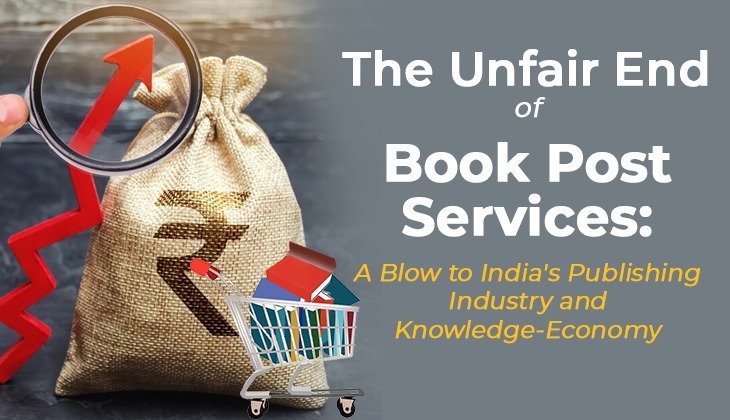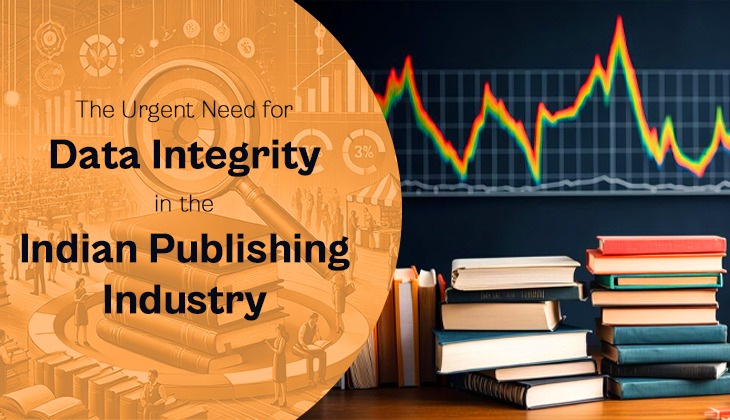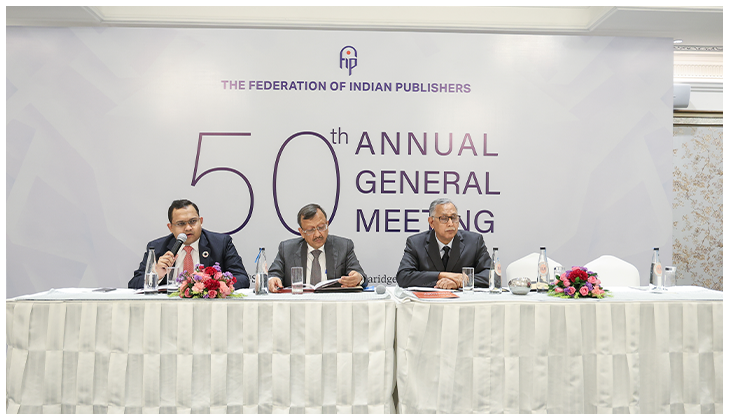In the education system, sustainability was never considered essential. But with the emergence of the COVID-19 pandemic, it has become a key factor in achieving educational goals. The education system has embraced digital resources openly to accelerate educational needs and avoid any stagnation after the onset of the pandemic. Publishers have also had a positive mindset about digital publishing for several years. It has been a simple and easy way to reach the target readers without the necessity of printing and other associated formalities. The situation not only makes books accessible to people in no time but also is a safe resolution for the environment. The evolution of digital publishing is making a path for a transition of eBooks, journals, and audiobooks to Open Access formats, making education more interactive.
We at the publication industry believe in the “change is the only constant” philosophy. And for that reason, we are working on continuously evolving and innovating new strategies to reach our readers through various modes. The International Publishers Association (IPA) has also built the International Sustainable Publishing and Industry Resilience Plan (InSPIRe) and implemented it on a global scale to collaboratively assess and identify the robust areas of improvisation and development.
The reading culture has influenced the publishing sector, which is evident from the relevant documents like “Reading Matters” and “Ambitious Literacy Policies”. These valuable references highlight the initiatives to encourage people to read and the measures shaping current literature along with the publishing industry. Many other reports show how the online publishing market has motivated publishers as it adds the scope of taking down pirated versions of each copy of books or any other text they publish. All these journals emphasise how our publishing sector gets impacted by multiple issues and how the publishing sector can be a crucial determinant in sustainable development.
The Sustainable Development Goals (SDGs) of the United Nations put a spotlight on the roles the publishing industry can play in promoting sustainability. According to the SDGs, the content we publish and the way we conduct ourselves are prime determiners of sustainability. It also focuses on the intrinsic link of quality education with educational publishers, as we are responsible for the dissemination of educational resources and research works. The SDGs were launched in the form of a book in 2019 at the International Children’s Book fair, Bologna. The book assembles a list of 300 books from all over the world together that motivate children between 6 to 12 years of age to be in harmony with the SDG principles. These books are from the six official languages of the United Nations: English, Spanish, French, Arabic, Chinese and Russian; to be inclusive and communicate on an International scale.
If you seek a demonstration of fine works promoting SDGs, you can have a glimpse of them in the SDG book club. The United Nations curated it by collaborating with International Publishers Association and several other International Federations to inculcate SDGs in children from an early age to enrich each population with the knowledge of sustainability. Inspired by the success of the SDG book club of Bologna, presently, many countries like Norway and Indonesia have set up SDG book clubs. And we are proud to be involved in this noble cause. As publishers, we will continue our contribution to bringing sustainable changes to our industry and education sector throughout the globe.



